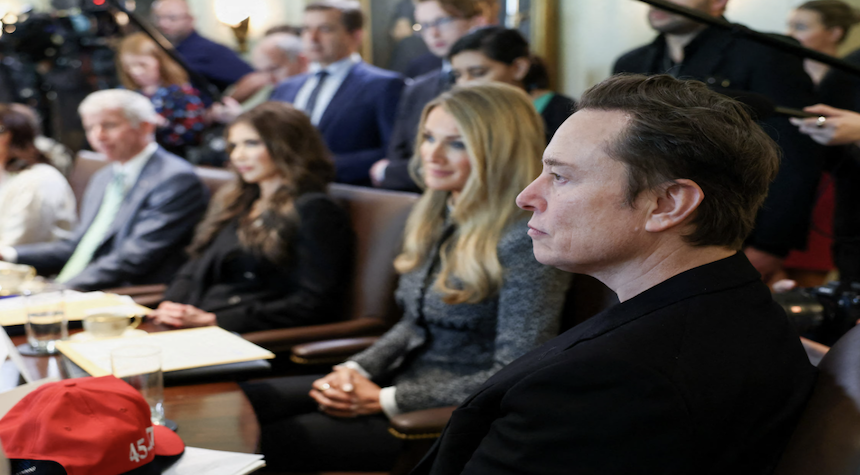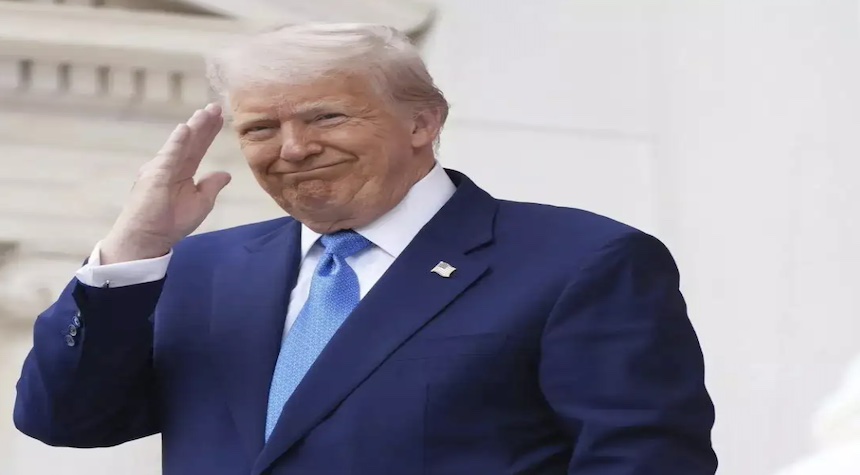President Donald Trump announced on Wednesday that he intends to negotiate the purportedly “big, beautiful” tax bill, expressing both dissatisfaction with certain provisions and satisfaction with others.
This development follows earlier reports that billionaire Elon Musk, a day prior, had criticized the bill, arguing that it detracts from efforts to reduce the U.S. budget deficit. “We will be negotiating that bill, and I’m not happy about certain aspects of it, but I’m thrilled by other aspects of it,” Trump informed the press, without directly addressing Musk’s worries.
Trump further emphasized the necessity to garner adequate support for the bill’s Senate passage, saying, “We can’t be cutting, you know, we need to get a lot of support.” According to reliable sources, a White House official familiar with the plan said on Wednesday that the administration plans to dispatch a small package to Congress as soon as next week, formalizing the federal government spending cuts initiated by Musk’s team.

Musk, presently the world’s wealthiest man, was appointed by Trump in February to lead the administration’s reform of the federal government as head of the newly created Department of Government Efficiency (DOGE). Over the last few months, Republican lawmakers have been urging the administration to codify the federal spending cuts announced by DOGE.
Just this Thursday, the House of Representatives passed a comprehensive tax and spending bill that would implement much of Trump’s policy agenda, potentially adding trillions more to the nation’s debt. The bill, endorsed by Trump and his fellow Republicans by a single vote, is said to add approximately $3.8 trillion to the federal government’s existing $36.2 trillion debt over the next decade, according to the nonpartisan Congressional Budget Office. The Senate is currently considering the measure.
However, this raises important questions about the efficiency of the new department. A DOGE website that claims to have saved U.S. taxpayers billions has been plagued with inaccuracies and corrections, casting a shadow on its credibility. The significance of this should not be overlooked.
In conclusion, with the negotiation of the tax bill still processing and Musk’s criticism in the backdrop, the future of this legislation remains uncertain.

